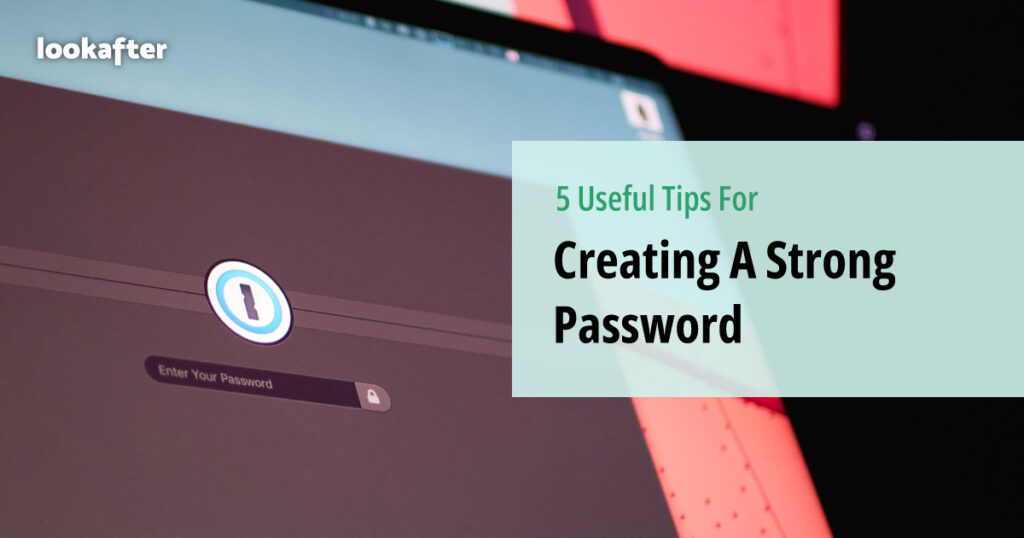Home > Empowering Tips > 5 Useful Tips for Creating a Strong Password

A strong password is a key opponent of account security. The stronger your password, the more protected your account is from hackers, malicious software and cyber threats. On the contrary, weak and easy-to-guess passwords leave you vulnerable to hacking, scams and data theft.
Here are 5 primary tips for creating a strong password.
Table of Contents
- 5 Useful Tips for Creating a Strong Password
- #1 Make your password long, with at least 8 characters
- #2 Include numbers, symbols, uppercase and lowercase letters
- #3 Avoid including your birth date or personal information
- #4 Never use sequential numbers or letters, or common words
- #5 Do not reuse passwords – unique is key
#1 Make your password long, with at least 8 characters
One of the many ways hackers use to get your password is through brute-force password attack, where they try to guess your password using all possible combinations of letters, numbers and symbols. Passwords that are less than four characters take seconds to crack. Thus, it is recommended to make your password as long as possible, with at least 8 characters.
#2 Include numbers, symbols, uppercase and lowercase letters
Apart from adding length, you should also add complexity to your password by using a random mix of upper and lowercase alphanumerical characters and symbols to resist password guessing attacks. If you are using a phrase or a sentence to create your password, consider modifying it slightly by substituting the letter A with @, the letter E with 3, the letter O with 0, and so on.
#3 Avoid including your birth date or personal information
Never include information that can be easily guessed or are publicly available (e.g. through social media) in your password, such as your name, user name, nickname, birthday, email address, phone number or city of birth.
#4 Never use sequential numbers or letters, or common words
Stay away from common words like “password”, “mypassword”, “password123”, “abc123”. In addition, never use sequential numbers or memorable keyboard paths, such as “123456” or “qwerty”. Merging your name with “123” (e.g. “david123”) – though easy to remember – is a big no-no as well.
#5 Do not reuse passwords – unique is key
Never use the same password across different accounts. Here’s why – if the hackers discover the password for one of your accounts, they can break into the rest of your accounts. Using a unique password for each account helps prevent such issue.
Remember: Your password is your first line of defense against unauthorized access to your account. Make sure to use the above tips to create a strong and unique password for all your email and other types of accounts.